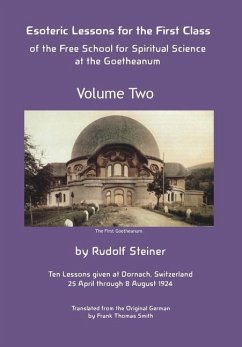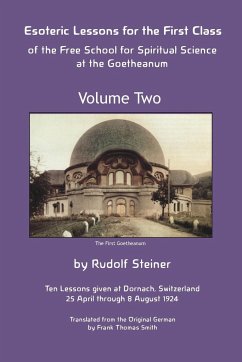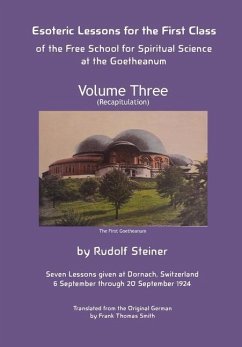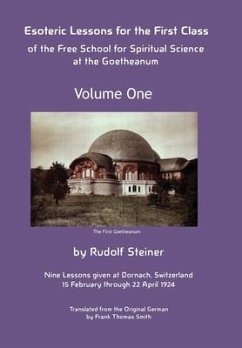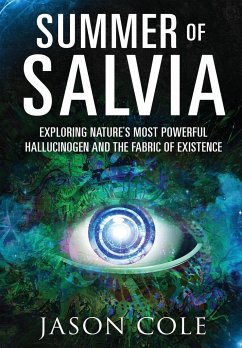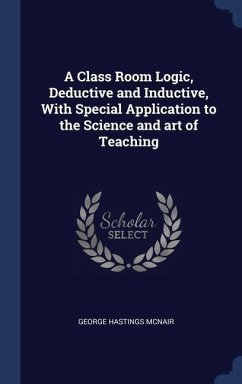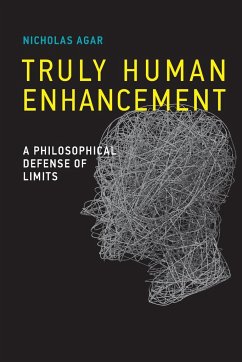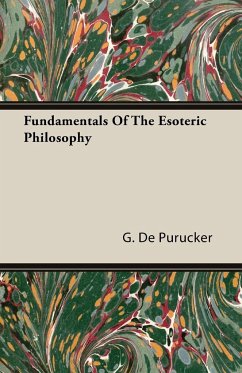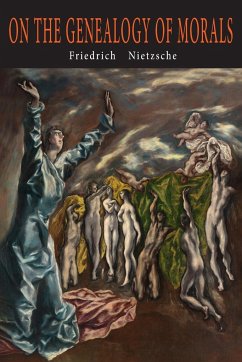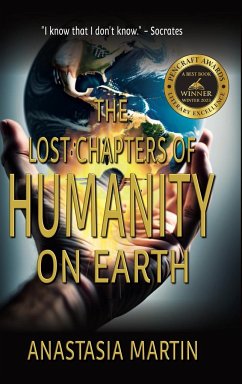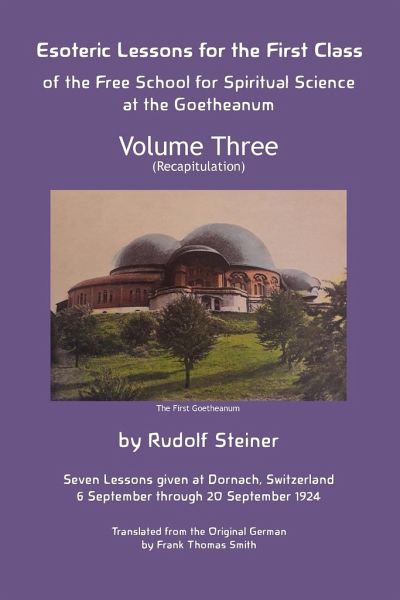
Esoteric Lessons for the First Class of the Free School for Spiritual Science at the Goetheanum
Volume Three
Versandkostenfrei!
Versandfertig in 1-2 Wochen
20,99 €
inkl. MwSt.
Weitere Ausgaben:

PAYBACK Punkte
10 °P sammeln!
During the re-founding of the Anthroposophical Society at Christmas1923, Rudolf Steiner also reconstituted the "Esoteric School" which had originally functioned in Germany from 1904 until 1914, when the outset of the First World War made it's continuance impossible. However, the original school was only for a relatively few selected individuals, whereas the new school was incorporated into the Free School for Spiritual Science at the Goetheanum in Dornach, Switzerland. Rudolf Steiner was only able to give nineteen lessons - plus seven "recapitulation" lessons - for the First Class before his i...
During the re-founding of the Anthroposophical Society at Christmas1923, Rudolf Steiner also reconstituted the "Esoteric School" which had originally functioned in Germany from 1904 until 1914, when the outset of the First World War made it's continuance impossible. However, the original school was only for a relatively few selected individuals, whereas the new school was incorporated into the Free School for Spiritual Science at the Goetheanum in Dornach, Switzerland. Rudolf Steiner was only able to give nineteen lessons - plus seven "recapitulation" lessons - for the First Class before his illness and death. His intention had been to develop three classes. The lessons were recorded by a stenographer, then typed in clear text without having been reviewed by Rudolf Steiner. They had not been publicly accessible until recently. This is Volume Three.





